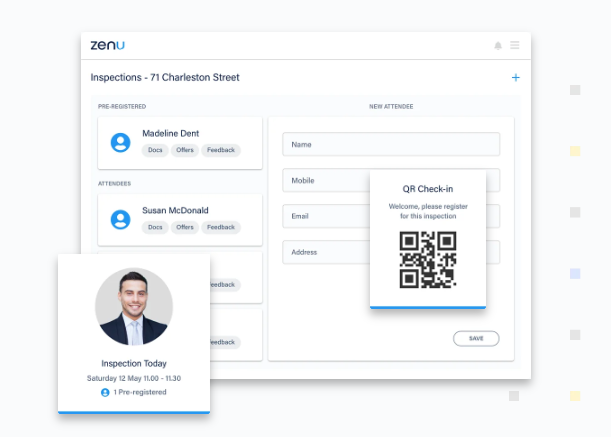
Real estate agents understand the significance of data in their day-to-day operations. To manage the vast amount of information they encounter, real estate agents rely on databases that serve as the backbone of their business. These databases enable agents to organize, track, and access crucial data, empowering them to deliver exceptional service, make informed decisions, and achieve success in the competitive real estate market. In this article, we will explore the importance of databases for real estate agents and how they contribute to their overall effectiveness and productivity.
Client Database:
A client database is an essential tool for real estate agents as it allows them to maintain detailed records of their clients. This database typically includes contact information, preferences, transaction history, and communication logs. By organizing client data in a central database, agents can easily access information, provide personalized service, and effectively nurture client relationships. A well-maintained client database ensures that agents can promptly respond to client inquiries, tailor their marketing efforts, and deliver exceptional customer experiences.
Property Database:
Real estate agents also rely on property databases to store and manage information related to listings. These databases provide agents with a comprehensive inventory of available properties, including details such as property specifications, pricing, location, and media assets. A property database enables agents to conduct quick and accurate property searches, create custom property portfolios for clients, and stay up-to-date with the latest listings. Having access to a well-organized property database streamlines the process of matching clients with suitable properties and enhances overall efficiency.
Transaction Database:
Successful real estate agents understand the importance of maintaining a transaction database. This database serves as a repository for transaction-related information, including contracts, legal documents, financial records, and timelines. By storing and organizing transaction data in a dedicated database, agents can efficiently manage the entire sales process, track important milestones, and ensure compliance with legal and regulatory requirements. A transaction database facilitates transparency, reduces administrative burdens, and enhances the overall professionalism of real estate transactions.
Market Data and Analytics:
In addition to client, property, and transaction databases, real estate agents often leverage market data and analytics tools to gain valuable insights into the industry. These tools provide access to market trends, sales statistics, pricing data, and demographic information. By integrating market data and analytics into their databases, agents can make informed decisions, identify emerging opportunities, and develop effective marketing strategies. Analyzing market data enables agents to stay ahead of the competition, target their efforts more accurately, and offer clients valuable insights.
Databases are an integral part of a real estate agent's toolkit, providing the means to organize, track, and access crucial information. With dedicated client, property, transaction, and market data databases, agents can streamline their operations, deliver personalized service, and make data-driven decisions. By harnessing the power of databases, real estate agents can maximize their efficiency, enhance client satisfaction, and achieve success in the dynamic and competitive real estate market.
-
over 1 year agoStand Out Online with Zenu's Real Estate Agent Website Templates
-
over 1 year agoWhat is the best software for real estate?
-
over 1 year agoWhat makes a good real estate website?
